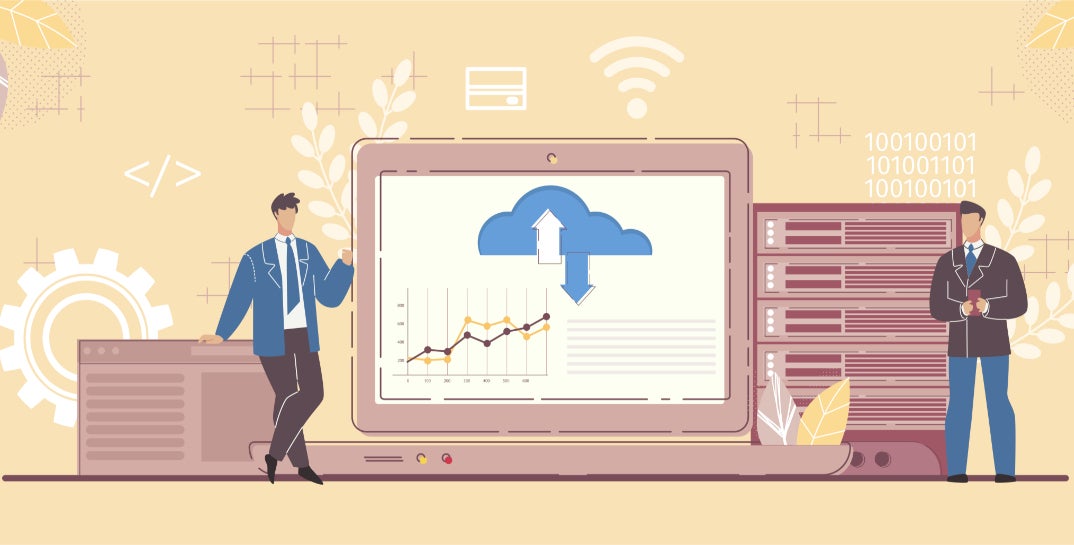It’s probably fair to say that shared services in government got off to a rocky start. Early attempts to consolidate back-office functions failed to deliver expected savings according to a National Audit Office report in 2014.
Fast forward six years, and shared services is one of the hottest topics in technology, not least in local government, where two or more agencies can save millions by combining their back-office operations. When shared services is implemented successfully, the results are far-reaching, helping to improve the working experience of public sector employees while delivering better quality services and value to taxpayers.
Join Boomi and Public Technology for a webinar on May 19 at 11 a.m. GMT to hear from leaders within local government who have implemented successful shared service projects. Register today.
Cloud Computing: More Compelling Than Ever
There are good reasons why the shared services concept has gained momentum.
First, the government has put its weight behind the initiative, culminating in The Government Shared Services (GSS) Strategy. Published in January 2018, this guide focuses on the “delivery of finance and HR transactional activity over the next 10 years”.
Second, integration technology has evolved to a point where it is now possible to migrate enterprise resource planning (ERP) functions to the cloud quickly and easily, using an integration platform as a service (iPaaS). This technology allows organizations to integrate resources across multiple clouds and between cloud and legacy applications.
There are clear advantages to using an iPaaS. Most local government organizations have the same kind of back-office operations for human resources and finance, including expenses, leave, pay slips, and financial approvals. If two or more organizations can combine their HR and finance systems into one, that delivers clear economies of scale. And iPaaS makes shared services much easier while providing the enterprise-grade levels of scalability and security that are necessary for governmental agencies as stewards of citizen data.
GSS is already making strides in helping to make back-office HR and finance operations more efficient. So far, local government has delivered impressive results. Shared services have saved the taxpayer more than £1.34 billion in efficiency savings from more than 600 partnerships. According to the Local Government Authority’s Shared Service Map, local government also measured nearly £200 million in efficiency savings during 2018/2019. Figures such as these confirm the reputation of local councils as one of the most efficient areas of government.
The Possibilities of Partnership
Having read this far you’re probably asking the obvious questions: Where are the public sector organizations with whom we can share our HR and finance operations? And where are the technology experts who can help us migrate our systems to the cloud?
The Local Government has its elegantly named Shared Service Expert Programme and Match Making Service, which provides assistance to councils who wish to share services and management teams with other councils.
When it comes to a technology partner, it’s important you find someone who combines deep expertise of cloud computing with equally detailed sector knowledge. Boomi has many years of experience working with UK government and is the main technology partner for one of the most successful shared service migrations in this sector. And the unified Boomi Platform delivers all the advantages of an iPaaS with functionality like master data management, workflow automation, and API management included.
Join Boomi and Public Technology for a webinar on May 19 at 11 a.m. GMT to hear from leaders within local government who have implemented successful shared service projects. Register today.


 English
English 日本語
日本語